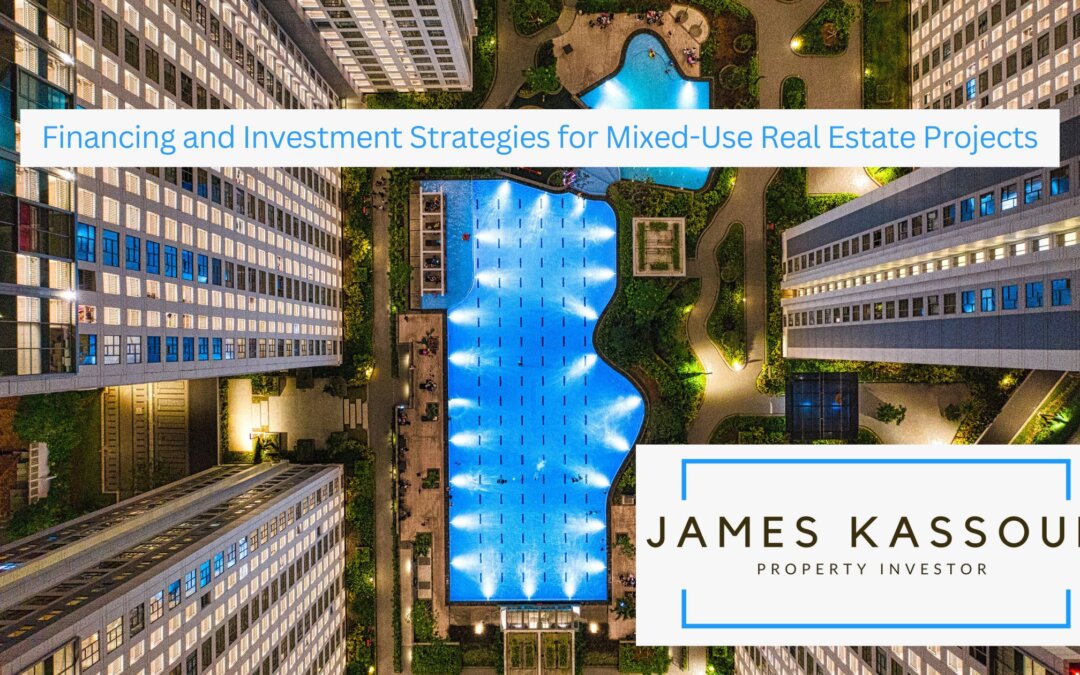Mixed-use real estate projects, which combine residential, commercial, and sometimes even industrial components, have become increasingly popular in urban areas. Their holistic approach makes efficient use of space, supports community interaction, and can offer diversified revenue streams. However, financing these multifaceted developments requires a nuanced strategy, given the unique risks and rewards they present. Understanding the intricacies of financing and investing in mixed-use real estate projects is crucial for investors and developers aiming to tap into this lucrative but complex market.
Historically, real estate projects were often segregated by use: residential, commercial, or industrial. However, as urban areas faced space constraints and a desire for more integrated communities, mixed-use developments emerged as a solution. They typically blend housing with retail, office, or entertainment spaces. This fusion can lead to increased foot traffic, a vibrant community atmosphere, and greater economic resilience due to diversified revenue sources. But, with these benefits come challenges, particularly in the financing realm. Mixed-use projects often have multiple stakeholders, varied revenue projections, and unique zoning or regulatory considerations.
Utilizing Layered Financing
One prevalent strategy in financing mixed-use developments is employing layered financing. Given the multifaceted nature of these projects, it’s rare for a single financing source to cover the entire cost. Developers might blend conventional bank loans with mezzanine financing, private equity, or government grants and subsidies.
For instance, the residential component might be financed traditionally through a bank loan, given its predictable revenue from sales or leases. Conversely, the commercial segment, which might have fluctuating incomes, could be financed through riskier but more flexible sources like private equity.
Moreover, many municipalities promote mixed-use developments for their urban rejuvenation potential. Thus, developers can tap into local government incentives, tax increment financing, or grants to revitalize areas.
Risk Diversification
A core advantage of mixed-use real estate is the inherent diversification, offering a cushion during economic downturns. If the commercial sector faces challenges, residential leases can still provide consistent revenue. Investors should capitalize on this by ensuring a balanced mix of property types within the development.
However, diversification should also extend to financing. Relying heavily on one financial instrument can expose the project to market vulnerabilities. For instance, a sudden hike in interest rates can impact projects primarily funded by variable-rate loans. Hence, mixing fixed-rate and variable-rate loans, equity financing, and other instruments can mitigate financial risks.
Regulatory Navigation
Mixed-use projects frequently face complex zoning and regulatory challenges. Each component, residential, retail, or office, might have distinct regulatory requirements. Successful financing strategies often hinge on adeptly navigating these regulations.
Before seeking financing, developers should gain approvals or, at minimum, a clear understanding of the likely regulatory landscape. Lenders and investors prefer projects where regulatory risks are minimized. Engaging with local authorities early on, conducting thorough due diligence, and hiring experts familiar with local zoning and regulatory nuances are invaluable.
Additionally, some regulations might come with financial incentives for sustainable building practices or community-enhancing features, further bolstering the project’s economic feasibility.
Financing mixed-use real estate projects, while complex, offers substantial rewards for investors and developers. The key lies in understanding the multi-dimensional aspects of these projects, from the benefits of diversification to the intricacies of layered financing and regulatory navigation. As urban landscapes evolve, mixed-use developments will likely dominate the horizon. Staying ahead requires capital and strategic insights, adaptability, and a keen sense of community dynamics. For those willing to navigate the intricacies, the mixed-use real estate sector promises financial returns and the satisfaction of shaping vibrant, integrated communities.

